42 are non gmo labels required in europe
› Doctors-Best-Betaine-GentianAmazon.com: Doctor's Best Betaine HCI Pepsin & Gentian ... Doctor's Best Betaine HCI Pepsin & Gentian Bitters, Digestive Enzymes for Protein Breakdown & Absorption, Non-GMO, Gluten Free, 120 Caps, Original Version (DRB-00163) Visit the Doctor's Best Store 4.4 out of 5 stars 2,662 ratings abcnews.go.com › healthHealth News | Latest Medical, Nutrition, Fitness News - ABC ... Get the latest health news, diet & fitness information, medical research, health care trends and health issues that affect you and your family on ABCNews.com
Non-GMO labels are on the rise in Europe - but why? - FoodNavigator But why the need for non-GMO label at all if manufacturers have a legal requirement to be transparent about GM content? Alexander Hissting, managing director of the German Association of GM-free Food ( Verband Lebensmittel ohne Gentechnik ) told FoodNavigator: "The necessity comes … from the loopholes in the current EU labelling regime for ...
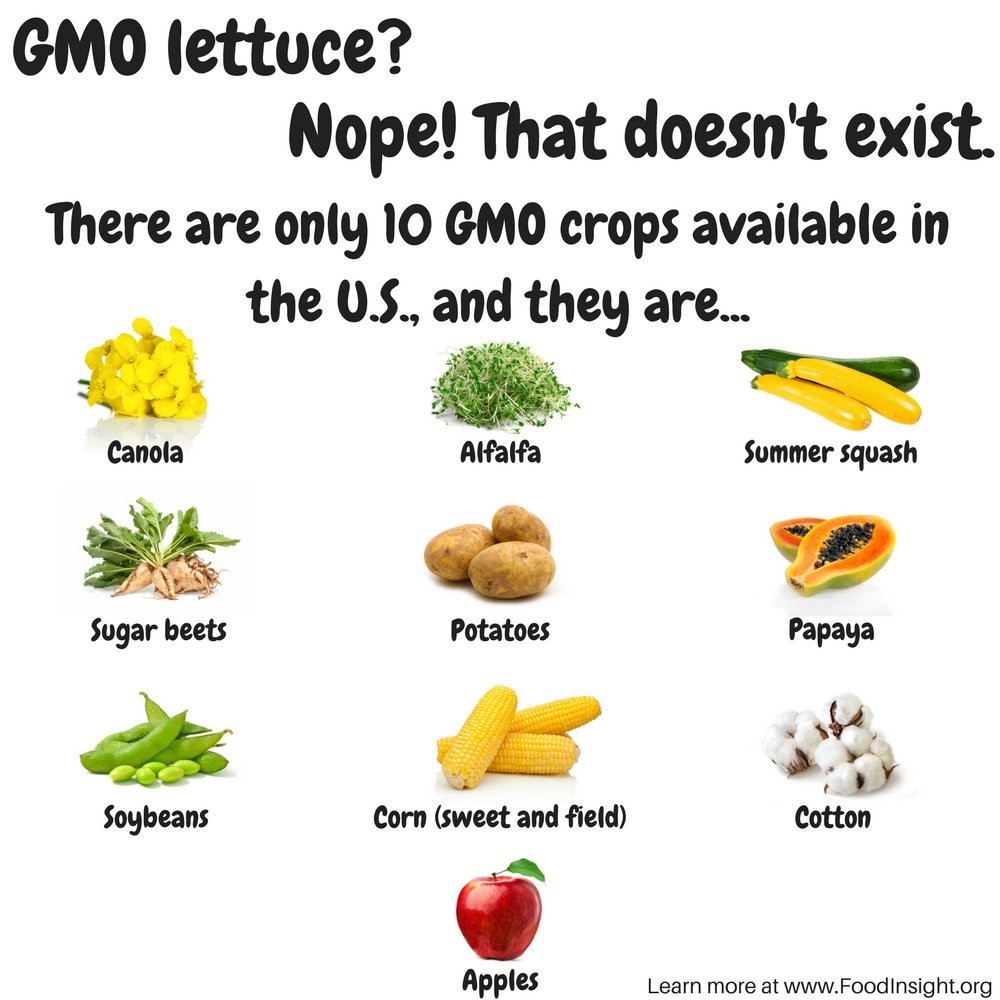
Are non gmo labels required in europe
EOF Non-GMO food labeling programs increasing in Europe With widespread rejection of genetically modified foods and mandatory labeling of such foods in the European Union, it would seem that labeling foods "non-GMO" would not be necessary. However, the EU imports millions of tons of GM soy for animal feed, and EU law does not require labeling of meat, dairy, and eggs derived from GM feed. Preparing for GMO labeling in 2022 - Food Business News Manufacturers will be required to label products containing GMOs by 2022. The standard mandates the use of the term "bioengineered" instead of "GMO" in disclosures. It also allows a 5% ingredient...
Are non gmo labels required in europe. Genetically modified food in the European Union - Wikipedia The coexistence of GM and non-GM crops has raised significant concern in many European countries and so EU law also requires that all GM food be traceable to its origin, and that all food with GM content greater than 0.9% be labelled. [35] Due to high demand from European consumers for freedom of choice between GM and non-GM foods. NON GMO in Europe The non-GMO claim closes the labeling gap in EU GMO legislation. Currently, only GM feeds are subject to GMO labeling, but not related food products such as milk, meat and eggs. Significant amounts of genetically modified soybeans, oilseed rapeseed and corn are imported for feed production. Unless the European legislator introduces a "GMO ... GMO legislation - Food Safety directive 2001/18/ec does not provide for the involvement of the european food safety authority (efsa) on notifications under its part b (deliberate release of gmos for any other purpose than for placing on the market).conversely, this directive requires efsa to provide scientific output on notifications under part c of the directive (placing on … › certification › non-gmoNon-GMO Certification - FoodChain ID Non-GMO Certification Contact Us Genetically modified (GM) foods have raised concern amongst consumers regarding the impact on the environment as well as human and animal health. As a result, many countries require mandatory labeling of foods containing GM ingredients (inputs) where the percentage exceeds a certain threshold. To meet consumer demands for transparency and support […]
Related Posts - United States Mission to the European Union The regulation does not require labeling of food products that are not food ingredients, such as processing aids. Meat, milk or eggs obtained from animals fed with GM feed or treated with GM medicinal products do not require GM labeling. EU-harmonized legislation defining "non-GM", 'GM-free" or similar labeling terms does not (yet) exist. How are GMOs labeled around the world? - Genetic Literacy Project It appears that no country requires labeling of foods produced with the aid of GM enzymes, including the vast majority of hard cheeses produced in the US and Europe. Such cheeses were traditionally... Traceability and labelling - Food Safety There exist "GM-free labels" pointing out that, in addition to what is laid down by the EU legislation on GMOs, specific measures have been taken on a voluntary basis to strictly exclude the presence or the use of GMOs in some food or feed products. Such voluntary labels are possible provided that they are not misleading for the consumer. The European Union on GMOs: Achieving compliance for your product Therefore, the EU has established a 0.9% GMO threshold, per ingredient, for application of the mandatory labeling requirement. "Genetically modified" labeling is not required if the percent GMO is no higher than 0.9% per ingredient, provided that any GMO presence is "adventitious" or "technically unavoidable." GMO Authorization
Understanding Non-GMO labeling - Kabrita USA In Europe, all GMO ingredients must be legally declared on the label. This is the law and has been in effect for over a decade. As a result, all crops and ingredients grown or produced in Europe are predominantly Non-GMO. This applies to animal feed, which is typically comprised of Non-GMO grasses like alfalfa along with Non-GMO soy and corn. en.wikipedia.org › wiki › Genetically_modified_foodGenetically modified food - Wikipedia The "Non-GMO Project Seal" indicates that the product contains 0.9% or less GMO ingredients, which is the European Union's standard for labeling. Efforts across the world that are being made to help restrict and label GMO's in food involve antigenic engineering campaigns and in America the "Just Label It" movement is joining organizations ... Non-GMO Production in Europe - ENGA Non-GMO production has developed into a well-established quality standard in many European countries: at present in Austria, France, Germany, Slovenia, Italy, Hungary, Poland, the Czech Republic, Switzerland and Bosnia-Herzegovina laws or industry agreements are in force that regulate non-GMO labelling on a voluntary basis. The Truth Behind GMO Labeling | GMO Answers European non-GMO labeling requirements also define GMOs as crops produced using biotechnology. What the non-GMO label doesn't mean: The non-GMO label doesn't always mean it's replacing a GMO alternative. Often, companies use the non-GMO label on foods that were never developed with biotechnology.
en.wikipedia.org › wiki › BiotechnologyBiotechnology - Wikipedia Biotechnology has applications in four major industrial areas, including health care (medical), crop production and agriculture, non-food (industrial) uses of crops and other products (e.g., biodegradable plastics, vegetable oil, biofuels), and environmental uses.
en.wikipedia.org › wiki › Genetically_modified_foodGenetically modified food controversies - Wikipedia Connecticut and Maine had passed laws in 2013 and 2014 respectively, which would have required GMO food labels if Northeast states with a population of at least 20 million had passed similar laws (and for Connecticut, representing at least four states). Other jurisdictions make such labeling voluntary or have had plans to require labeling.
Non-GMO labels are on the rise in Europe - but why? Non-GMO labels are on the rise in European countries - but unlike the US, EU legislation requires all food containing above trace levels of GM to be labelled. So is there even a need for GMO-free? Any product manufactured in the EU which contains more than 0.9% GM ingredient must be labelled as such. However, demand for GM-free food - containing no more than 0.1% GM ingredient, is growing ...
Non Gmo NON GMO is one of the fastest growing claims in the food industry in recent years. Most consumers in the European Union agree that genetic engineering should be avoided in food production, regardless of education level or nationality. GMOs create a pathway to advantages and benefits, but they also raise extremely important questions.
How GMOs Are Regulated in the United States | FDA The Standard establishes requirements for labeling foods that humans eat that are or may be bioengineered and defines bioengineered foods as those that contain detectable genetic material that has...
EU - Labeling/Marking Requirements - International Trade Administration In addition, since January 1, 2019, manufacturers, importers, and authorized representatives of non-EU manufacturers have to register all products requiring energy labels in the European Product Database for Energy Label and Eco-Design, access to which is available to EU consumers. Devices for Use in Potentially Explosive Atmosphere (ATEX)
GMO Labeling Laws per Country - Global Food Safety Resource GMO Labeling Laws If you look at the table below, only three countries implement a complete and total ban of genetically engineered (GE) food both imported and cultivated. Most of the countries in the EU region, Australia and New Zealand implement mandatory labeling with up to 1% labeling threshold of GMO content.
ENGA pushes for non-GMO food labelling across Europe - FoodNavigator "With our non-GMO label, we are trying to close a loophole in the EU GMO labelling legislation." According to EU legislation, milk, eggs and meat are not required to carry GMO labels if the animals that produced them were fed with genetically modified feed. If a producer wants to label its food as non-GMO, non-GMO feed must be used.
foodbabe.com › difference-between-organic-non-gmoThe Shocking Difference Between Organic & Non-GMO Labels - It ... Jun 09, 2020 · There are many non-GMO products on the market that contain wheat and seem healthy – but they could be laced with glyphosate. For instance, whole-wheat breads and non-GMO cereals that aren’t organic (like Grape Nuts) may contain glyphosate residues. 4. Organic ingredients aren’t processed with toxic hexane.
Preparing for GMO labeling in 2022 - Food Business News Manufacturers will be required to label products containing GMOs by 2022. The standard mandates the use of the term "bioengineered" instead of "GMO" in disclosures. It also allows a 5% ingredient...
Non-GMO food labeling programs increasing in Europe With widespread rejection of genetically modified foods and mandatory labeling of such foods in the European Union, it would seem that labeling foods "non-GMO" would not be necessary. However, the EU imports millions of tons of GM soy for animal feed, and EU law does not require labeling of meat, dairy, and eggs derived from GM feed.
EOF


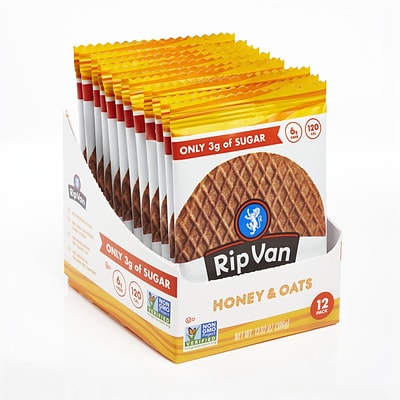

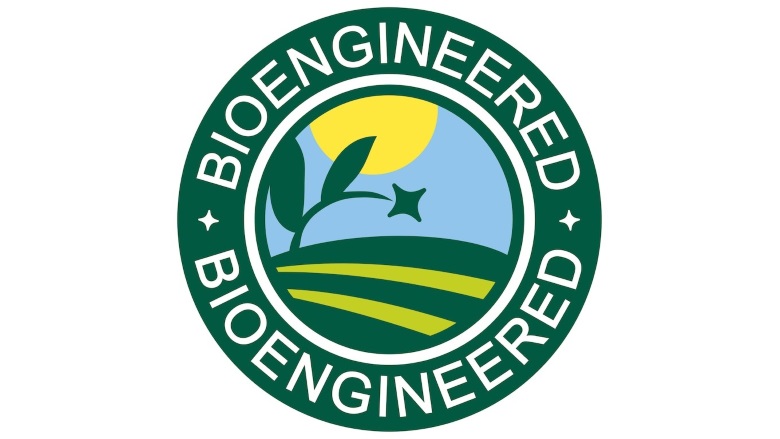
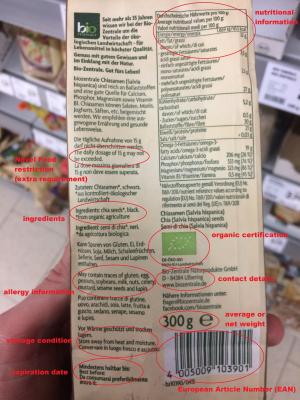
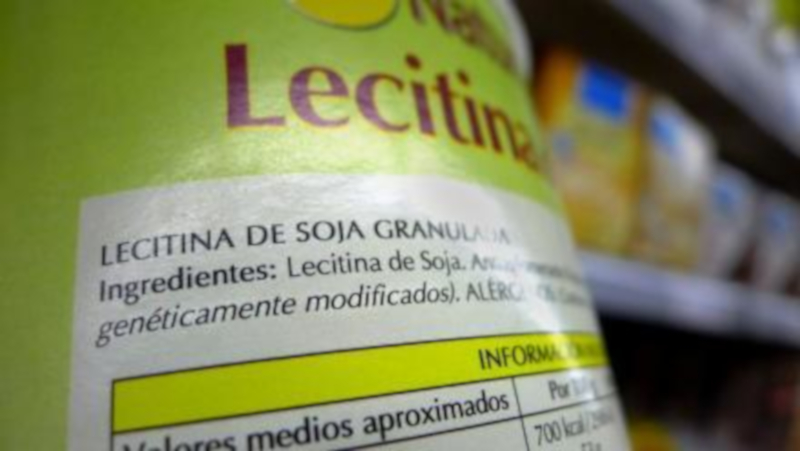
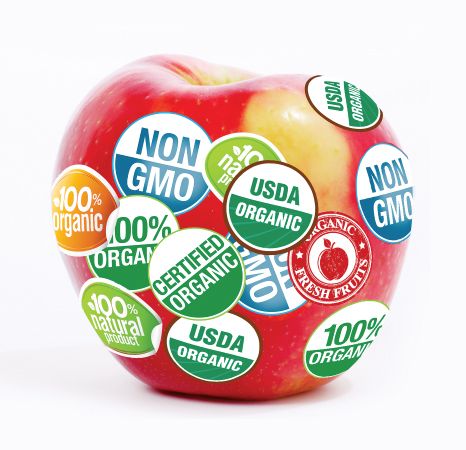




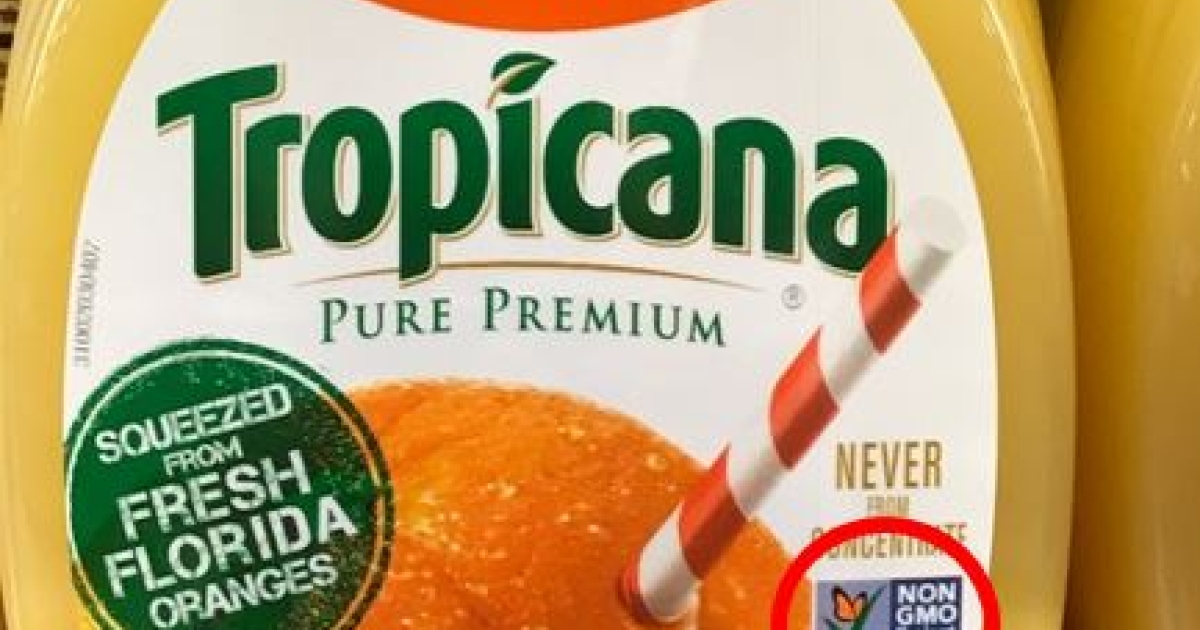
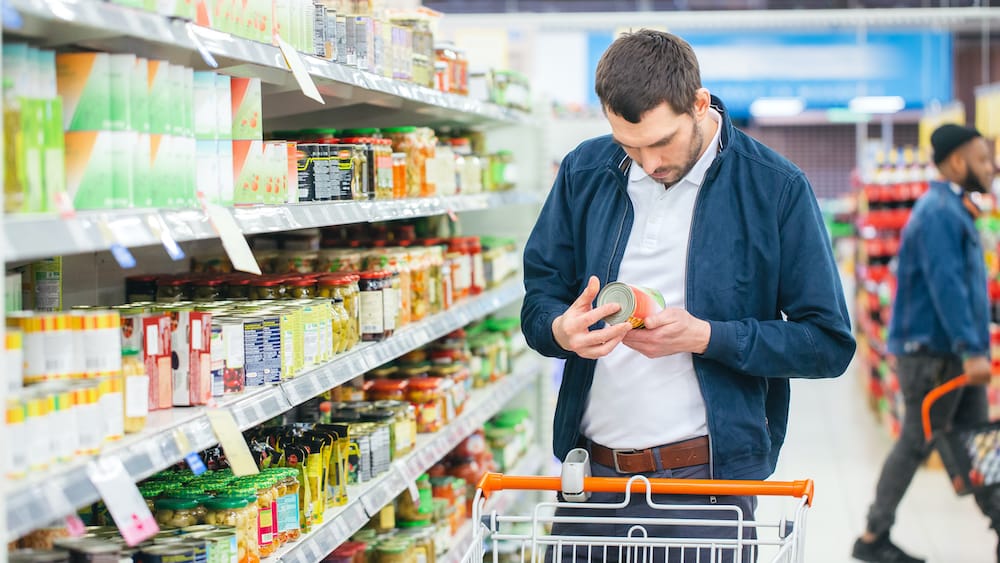






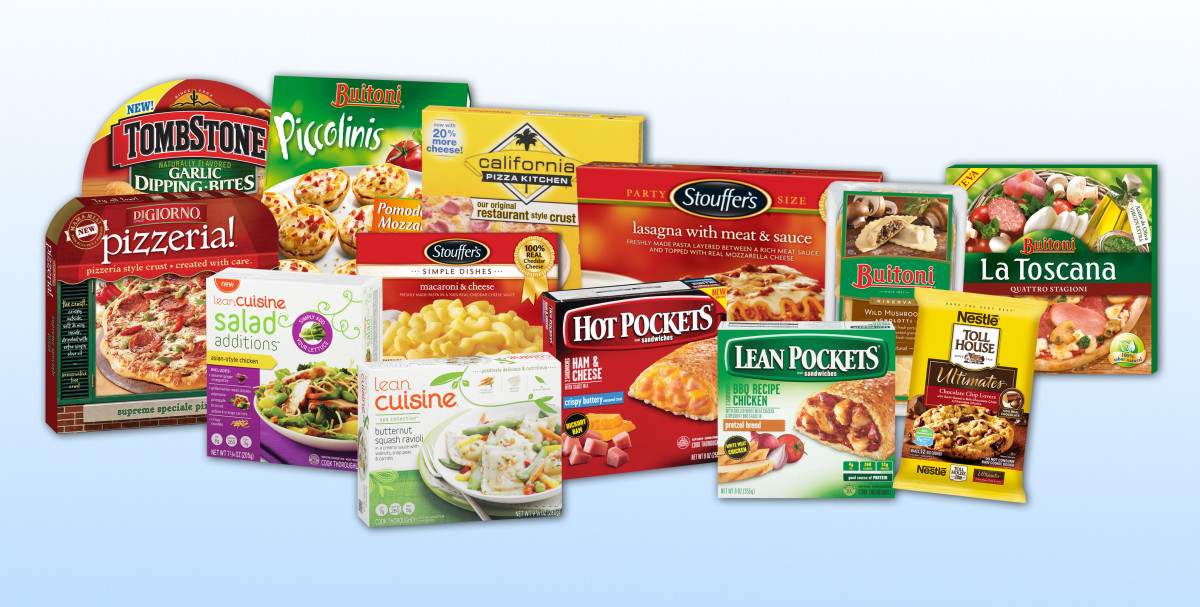
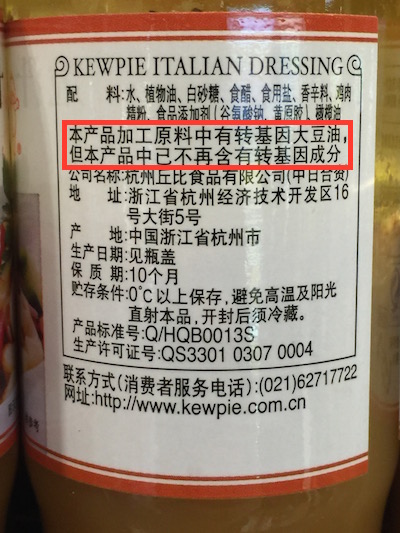
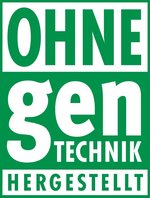
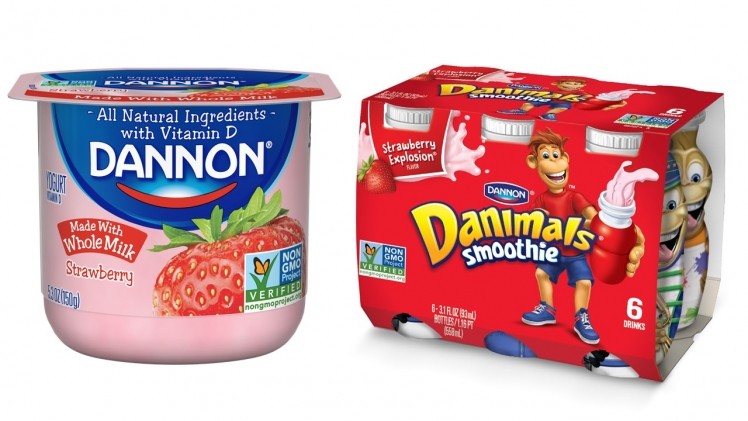

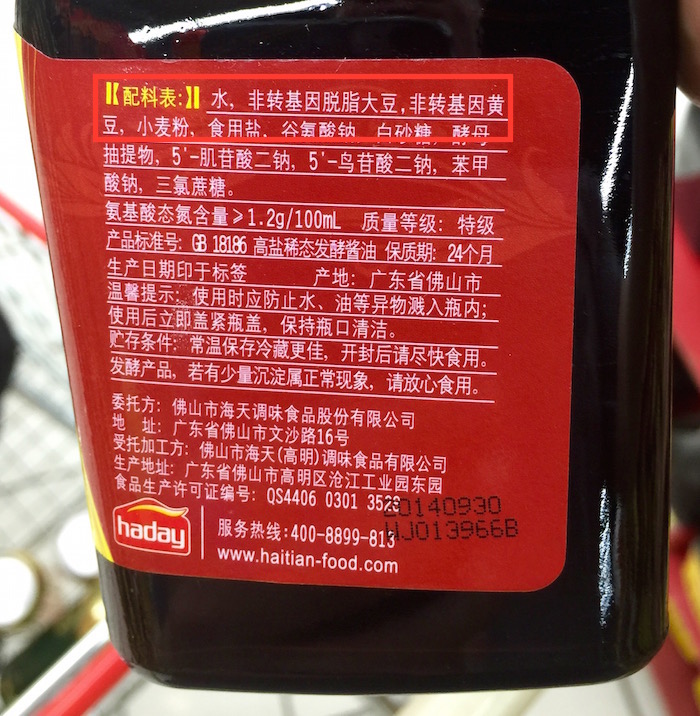
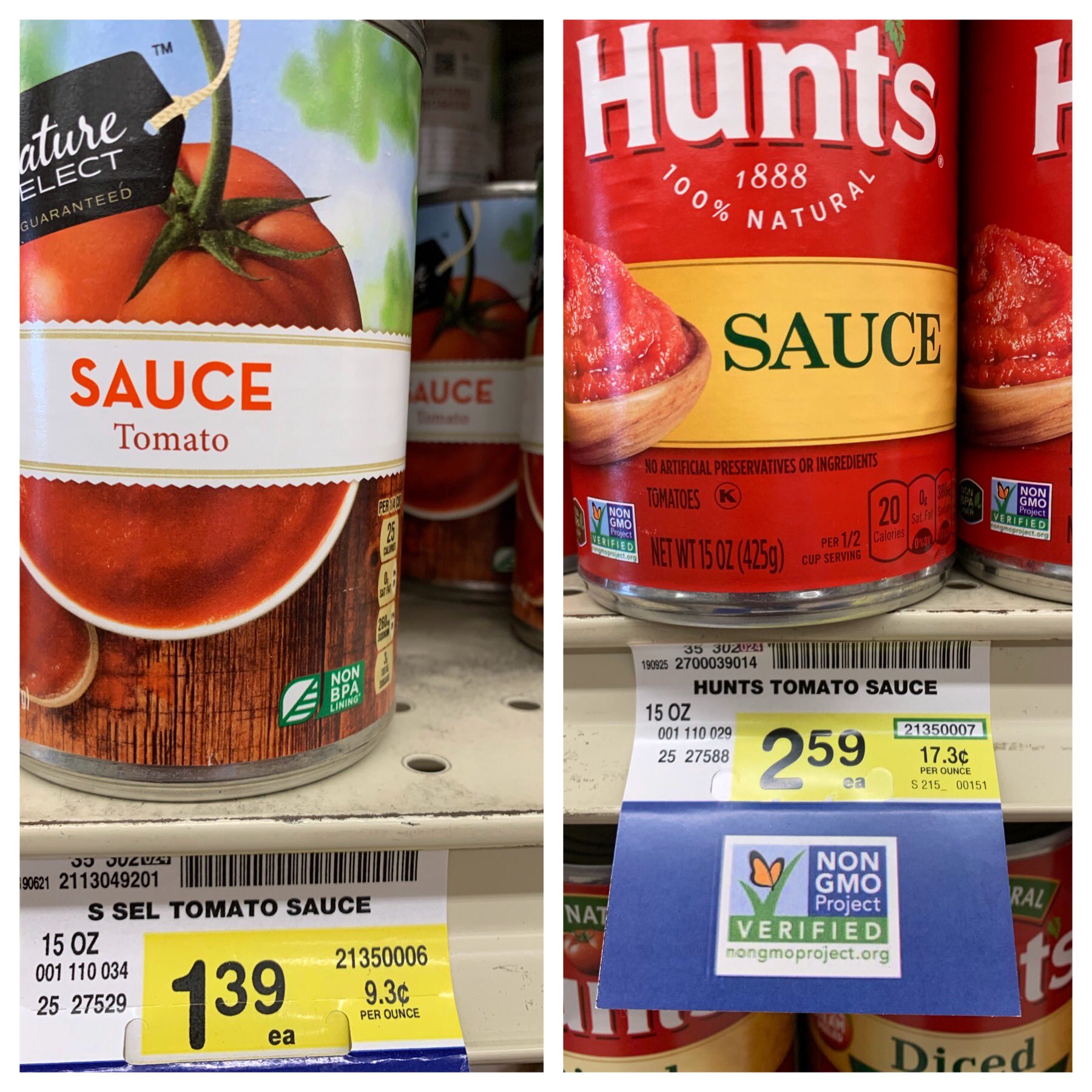
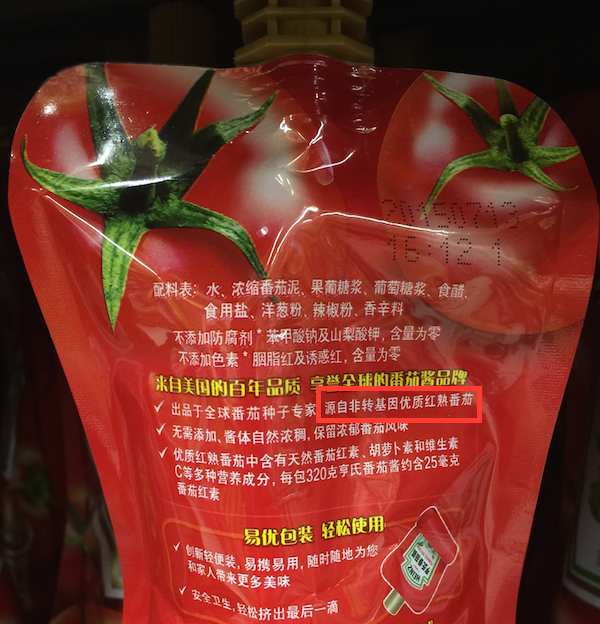



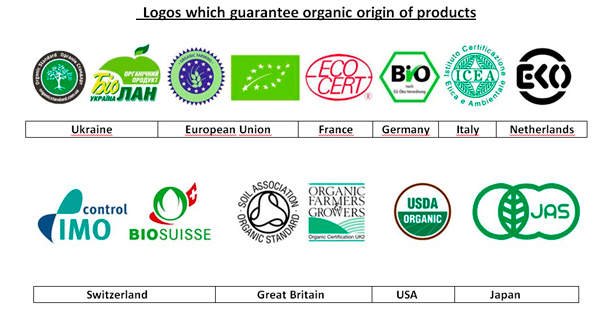



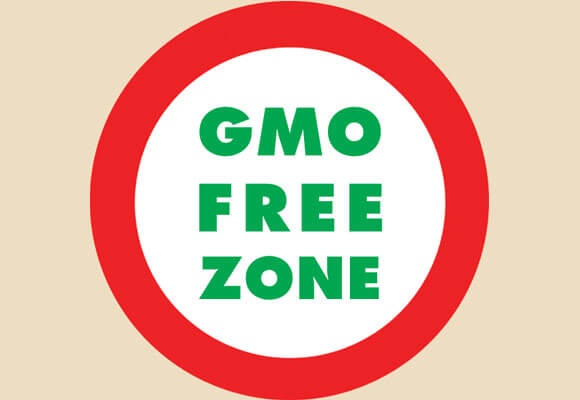


Post a Comment for "42 are non gmo labels required in europe"